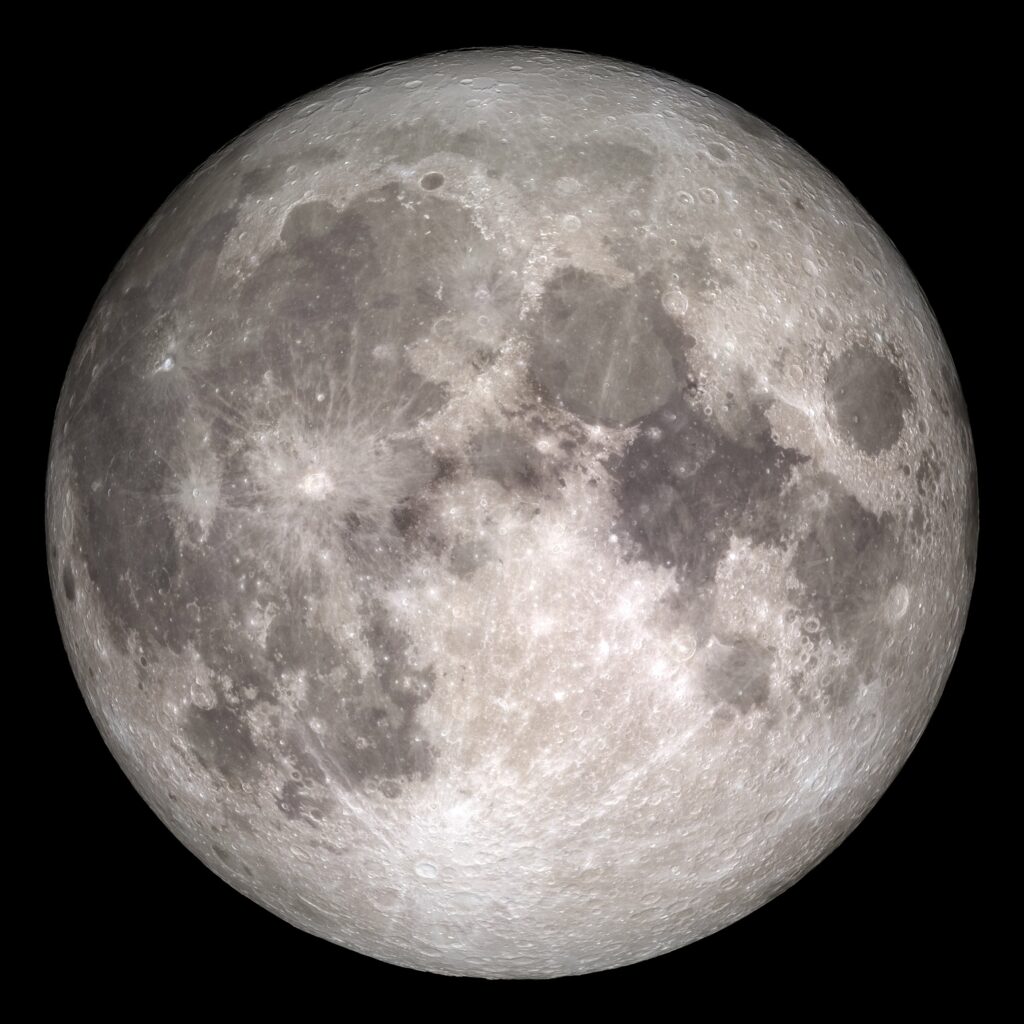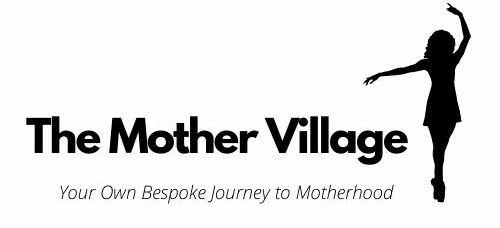I recently discovered the term of postpartum confinement in Chinese medicine, a tradition that goes back more than two millennia and was conceptualized during the Qin dynasty.
It echoed strongly with me and with the challenges our modern society are facing in caring for women in postpartum.
As mentioned in my previous posts, in our modern society there is a lot of focus on women during pregnancy where they are told what not to eat, what not to do, what not to wear … and almost no focus on women during their postpartum period, which seems for most of them like a great leap into the void.
In our modern world, new mothers get almost no respite or care during the postpartum period. Forget about time to recuperate physically and emotionally and moments to bond with their baby.
Just a few days after birth, we expect new mothers to function again as normal and productive member of society, expected to host visitors, answer the phone, make meals and take their newborn to doctor appointments.
On the opposite, according to the postpartum confinement, new mothers are only expected to rest and feed their babies for a full month after birth.
Reading about this practice resonated strongly with me as I had two very different postpartum experiences with my first and my second child.
With my first child, as a wannabe Kate Middleton I rushed way too soon back into the world, taking my baby everywhere, not asking for anyone’s help thinking I could do it all by myself, attending social events and diners, rushed into exercising again without waiting for my body to recover. I wasn’t paying attention to what I was eating even though my iron level was low and my level of tiredness was high… I just wanted to prove the world I can be a mother and still be the same woman…. as the modern world expects us to be…
Learning from these mistakes, after the birth of my second child, I spent a full month focusing only on myself and him, not allowing visitors, leaving the house very occasionally and asking for help, while sleeping, resting as much as I could and eating delicious nutritional postpartum food and taking care of my pelvic floor recovery.
What is the postpartum confinement tradition?
坐月子 (Zuo Yue Zi) or literally translated to “Sitting The Moon” means to allow postpartum mothers to do nothing but to “sit” (rest) recover for one month after delivery. This practice has been around for thousands of years and it is still being practiced by most Chinese women.
There are two cornerstones to observing Zuo Yue Zi: confinement and eating nourishing and restorative food loaded with specialty ingredients.
According to the tradition, after giving birth, the new mothers confine themselves at home for a full 30 to 40 days to recover from birth, helped by another woman who will take care of their newborn and relieve them of domestic tasks.
According to Chinese medicine, birth induces considerable heat loss in a woman’s body and energy imbalance and this confinement aims to restore the balance.
This traditional practice stems from the belief that childbirth brings significant amounts of fluid and blood loss.
According to traditional Chinese medicine, blood carries chi, your “life force,” which fuels all the functions of the body. When you lose blood, you lose chi, and this causes your body to go into a state of yin (cold). When yin (cold) and yang (hot) are out of balance, your body will suffer physical disorders.
This means for the new mother: staying in without going out, no visit, no physical activity, no household chores or cooking, restricting bathing and dietary precautions such as eating more food and avoiding cold food.
The confinement postpartum practice also means delaying the presentation of her newborn baby which as we mentioned before can be an unnecessary source of stress for the new mother that needs help to recover more than to entertain visitors.
The new mother will eat traditional foods rich in calcium, iron and proteins and will avoid any cold food, which will be replaced by a large variety of soups, broths and stews.
For example, the new mothers will eat papaya soup, papayas are known to have a lactogenic effect, which helps increase milk production in nursing mothers.
What to take away from this tradition to incorporate in our modern societies?
New mothers deserve so much better during the postpartum period and we should help them as much as possible.
Even though most women do not have the luxury of staying in bed for a month, they should be more than encouraged to eat well and rest, not receive too many visitors and focus on their postpartum recovery.
This first month of postpartum will also increasing bonding between the new mother and her baby.
According to acupuncturist Lia Andrews, author of ”The Postpartum Recovery Program,” too many new mothers rush back to their daily routines after birth. They expect that their weight, energy levels, mood and libido will miraculously bounce back without any assistance; they also believe it is normal for their bodies to feel wrecked from childbearing.
Some “modern mothers never fully recover from having children. Instead, they suffer from depression, lack of libido, weight gain, hormonal imbalances, inability to conceive more children, urinary incontinence and other complications,” as written in her book.


